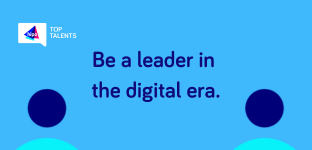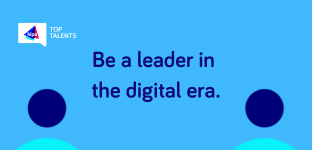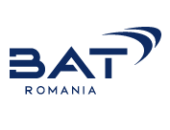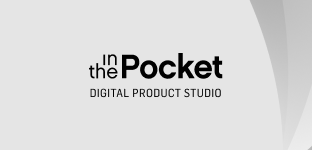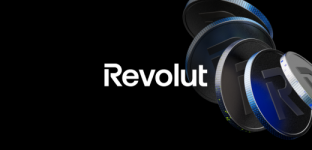
What competencies are employers looking for?

Are you a fresh graduate and want to jump-start your career in a specific domain or industry? Do you struggle with finding out if you are compatible with a job title that has recently caught your eye? Well, this might be your lucky day!
In this article, you will find out some tips & tricks about the hiring interview, more specific about the competencies that the employers are generally looking for. You’ll also get the chance to find out what competencies you need to start your career at DB Schenker Global Business Services.
What competencies are employers looking for?
Recruitment is all about matching the ideal candidates to the available roles. During the selection process, the recruiter conducts a detailed analysis on interviews performed and makes an objective evaluation of the candidates based on the competencies assessed during interview. By prospecting the career market, we can clearly see that most of the entry level roles, require teamwork, adaptability, communication, resilience, time management & problem solving as main competencies.
As a junior you are maybe wondering how to discover the skills set you need to start applying to jobs that match your abilities. First, you’ll need to make an analysis and understand what your strengths & weaknesses are. When you got your mind clear and feel ready to apply to a specific job, remind yourself to:
2nd Step: Have a closer look at the requirements.
3rd Step: Highlight the “must have” hard skills & soft skills listed in the job post.
4th Step: Ask yourself as many questions as possible such as: “What does ‘Communication’ competency mean? Do I have this skill? How can this be proved? What specific situations have I encountered to develop this competence?”
5th Step: Apply.
6th Step: Get ready for the interview and be prepared to show off your competencies by using the STAR technique.
What does S.T.A.R. stand for?
S.T.A.R. is a technique that helps you demonstrate competencies during an interview by describing a specific Situation, Task, Action and Result. This technique will help you respond to behavioral questions in a structured and clear way. In order to get prepared to answer properly, try to think of short description for various situations that involve teamwork, communication, problem-solving, etc. Remember that STAR helps you if you are as specific as possible, so you don't need to include too much information.
We can have certain abilities, but skills are not everything, they are only a part of the competency we can develop. A competence is made up of skills, attitudes, and knowledge. Therefore, skills can always be developed and taken to the next level. We can invest in our development by participating in various training sessions, by practicing and applying the knowledge acquired, and by showing an attitude that is consistent with what we want to develop. In short terms, we need all the ingredients to develop a competence: knowledge (training, reading), time to practice what we have learned and manifest a behavior that demonstrates a specific competence.”
What are the main competencies we’re looking for at DB Schenker GBS?
Ingrid Ciobanu, Talent Acquisition Partner - DB Schenker GBS
We hope this article gave you clarity regarding the next steps that you be aware of when starting your career. These being said, be mindful of your strengths, rely on them when searching for a job and never stop learning and developing yourself!
Find out which are the open positions within DB Schenker Global Business Services by clicking here.





